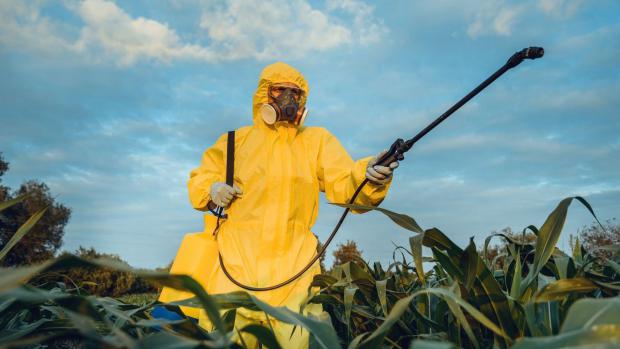
Breaking News
 EXCLUSIVE: "The HUGE Elephant In The Room Is Actually What Jeffrey Epstein Was Best At..."
EXCLUSIVE: "The HUGE Elephant In The Room Is Actually What Jeffrey Epstein Was Best At..."
 EXCLUSIVE INTERVIEW: Republican Candidate For Texas Governor "Doc" Pete Chambers Joins...
EXCLUSIVE INTERVIEW: Republican Candidate For Texas Governor "Doc" Pete Chambers Joins...
 Epstein Files Trigger Political Fallout Across Europe
Epstein Files Trigger Political Fallout Across Europe
 Conjoined twin 'influencers' who have gained more than 280,000 followers with their intimate
Conjoined twin 'influencers' who have gained more than 280,000 followers with their intimate
Top Tech News
 How underwater 3D printing could soon transform maritime construction
How underwater 3D printing could soon transform maritime construction
 Smart soldering iron packs a camera to show you what you're doing
Smart soldering iron packs a camera to show you what you're doing
 Look, no hands: Flying umbrella follows user through the rain
Look, no hands: Flying umbrella follows user through the rain
 Critical Linux Warning: 800,000 Devices Are EXPOSED
Critical Linux Warning: 800,000 Devices Are EXPOSED
 'Brave New World': IVF Company's Eugenics Tool Lets Couples Pick 'Best' Baby, Di
'Brave New World': IVF Company's Eugenics Tool Lets Couples Pick 'Best' Baby, Di
 The smartphone just fired a warning shot at the camera industry.
The smartphone just fired a warning shot at the camera industry.
 A revolutionary breakthrough in dental science is changing how we fight tooth decay
A revolutionary breakthrough in dental science is changing how we fight tooth decay
 Docan Energy "Panda": 32kWh for $2,530!
Docan Energy "Panda": 32kWh for $2,530!
 Rugged phone with multi-day battery life doubles as a 1080p projector
Rugged phone with multi-day battery life doubles as a 1080p projector
 4 Sisters Invent Electric Tractor with Mom and Dad and it's Selling in 5 Countries
4 Sisters Invent Electric Tractor with Mom and Dad and it's Selling in 5 Countries
The not-so-healthy Mediterranean diet?

Switching from 'Western' foods to a non-organically-cultivated Mediterranean diet may triple your pesticide intake and weaken the immune system.
This is the conclusion of a study led by researchers from the University of Oslo, who compared the effects of different diets on a group of 27 British students.
The team found that produce farmed in the traditional manner passed on more environmental contaminants, which may affect fertility and juvenile development.
Rich in fruit, vegetables, whole grains, nuts and fish but low in red meat and dairy, the Mediterranean diet has long been hailed as a healthy alternative to British fare.
While the fish part of the diet is low in environmental contaminants, non-organic farming of fruit, veg and whole grains passes on more pesticides.
However, the team noted, when the ingredients of the Mediterranean diet are farmed organically, such can slash pesticide intake by around 90 per cent.
Several of the environmental contaminants seen in the study are either known or suspected to affect hormones within the body, noted paper author and microbiologist Carlo Leifert, who is a visiting professor at the University of Oslo.
'There is growing evidence that such toxins can weaken our immune defence system and perhaps also our fertility,' he explained.
'If hormones become imbalanced, they can also have a negative effect on the growth and development of children.
'Fruits, vegetables and whole grains cultivated in the conventional way are some of the main sources of environmental contaminants absorbed through our diet.



